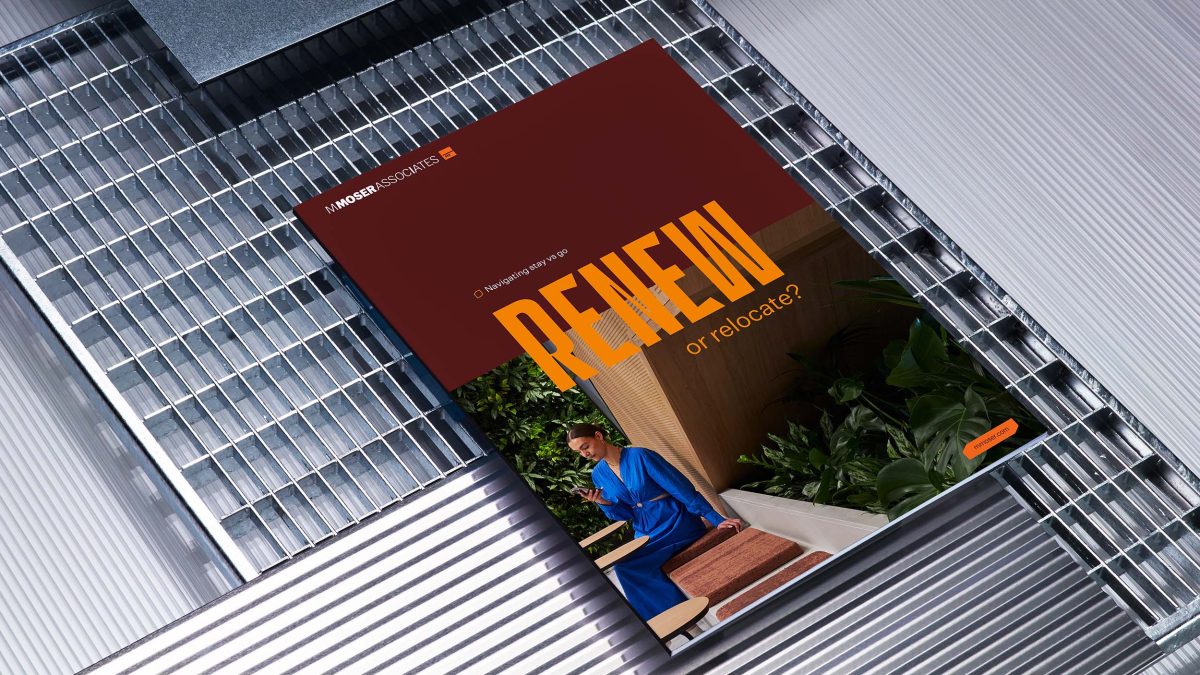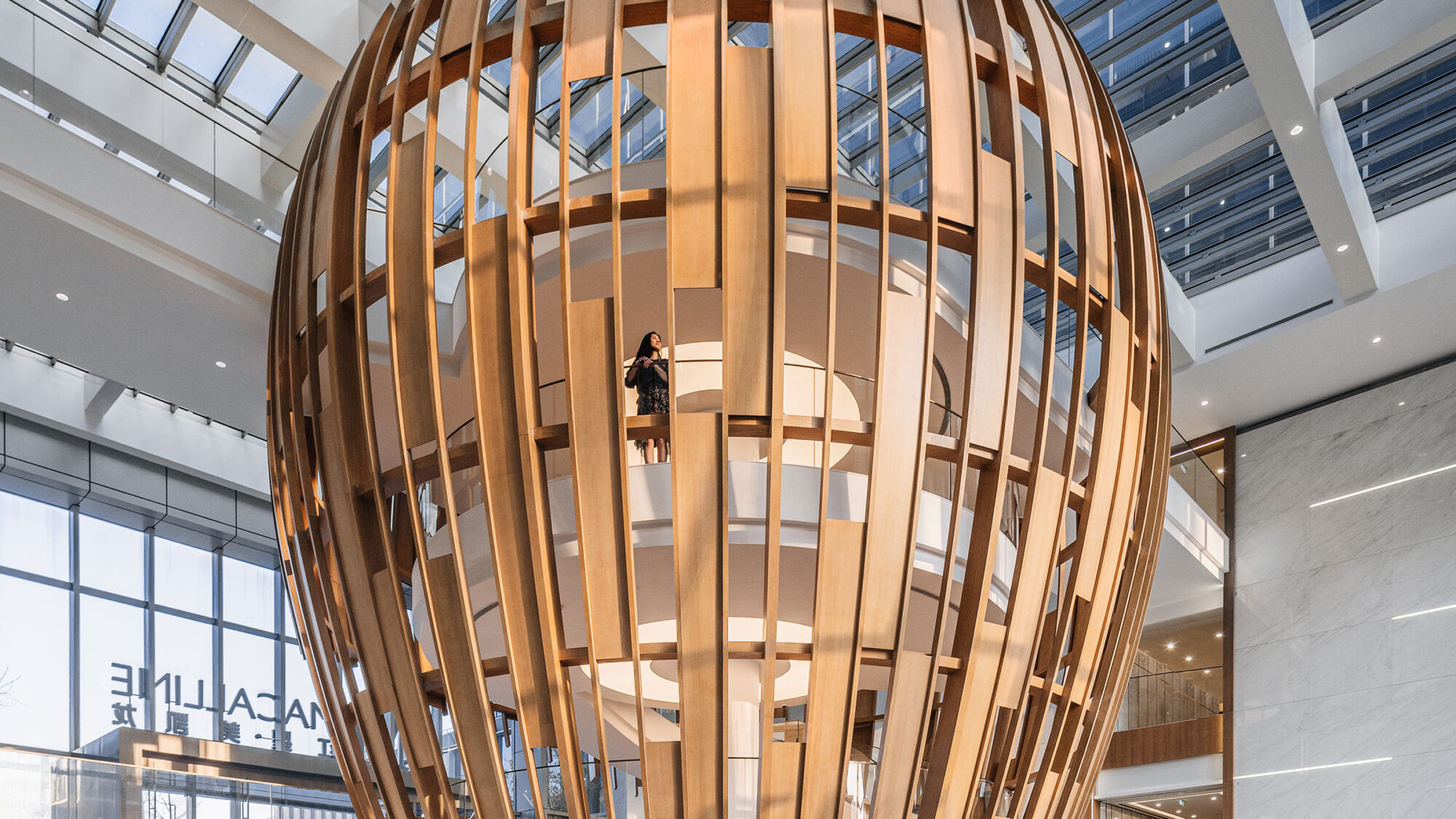

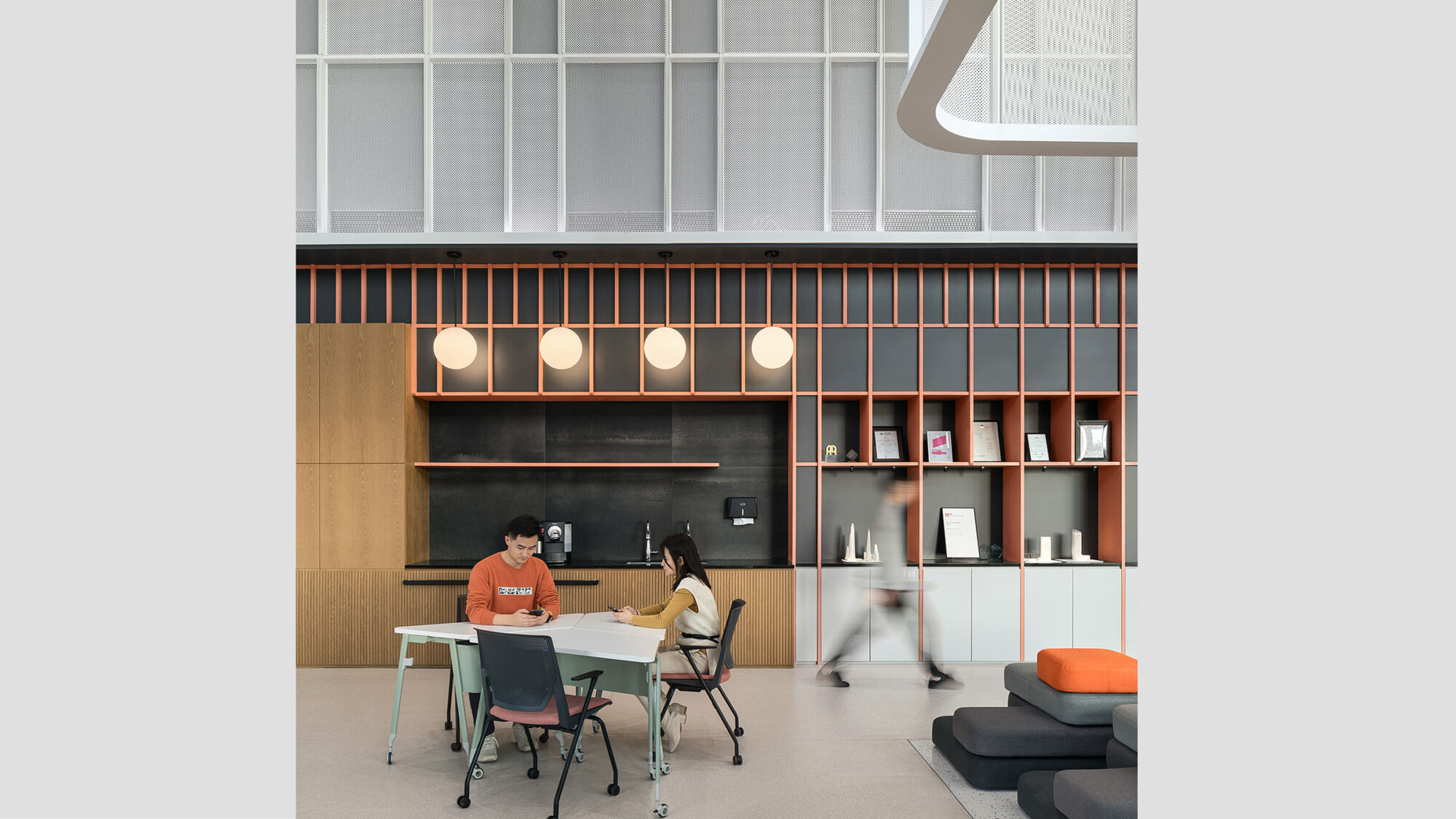


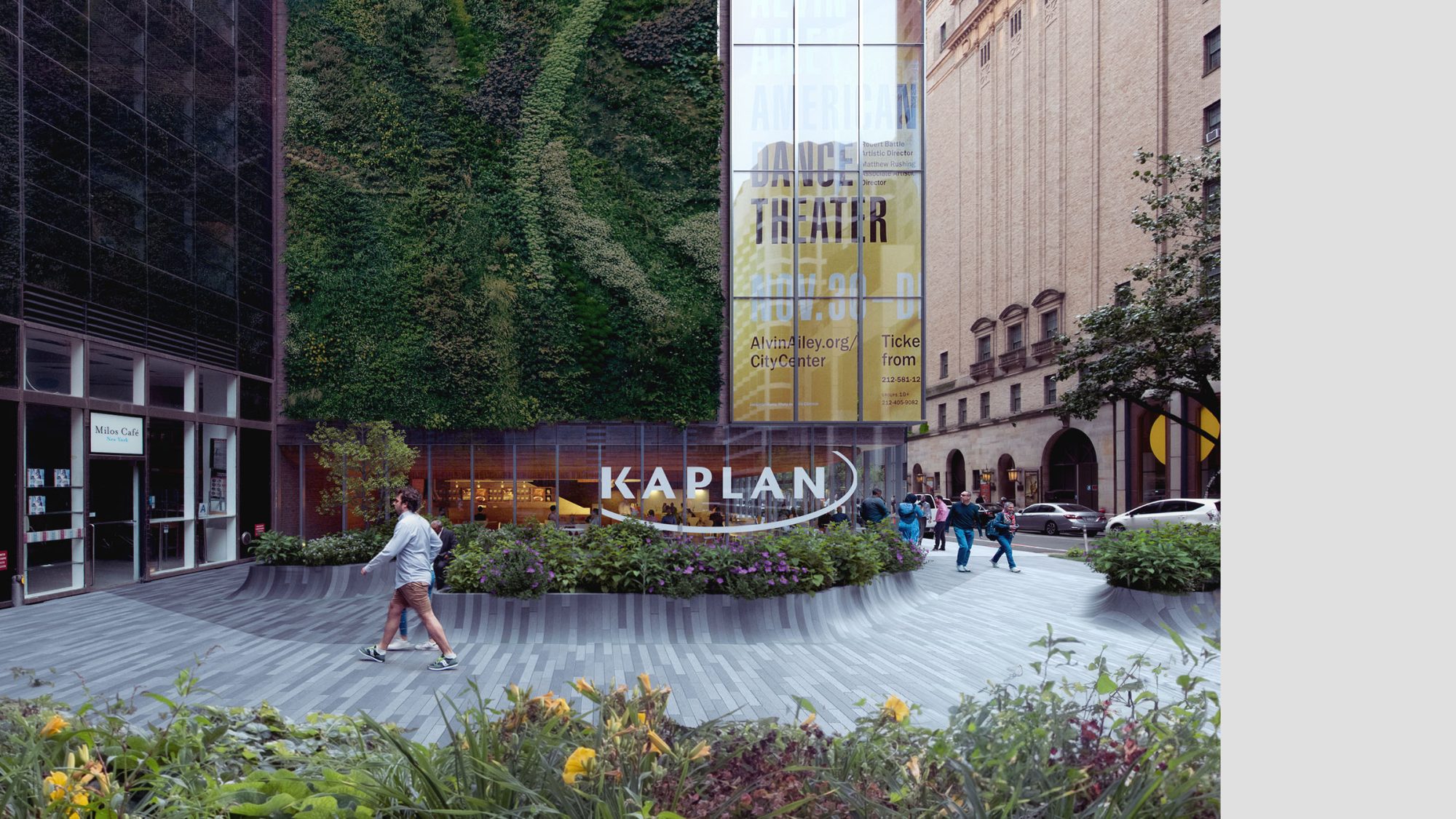
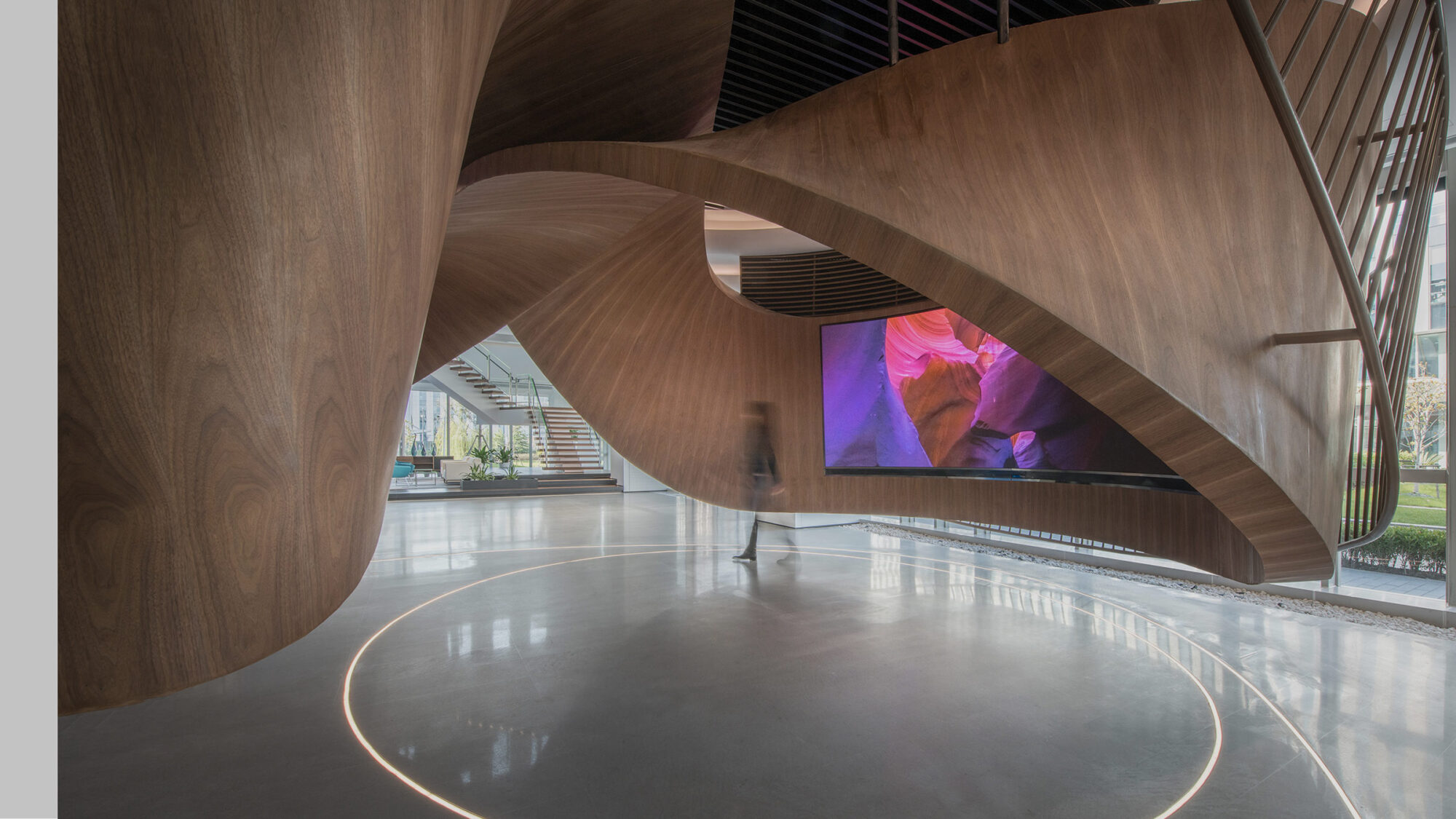



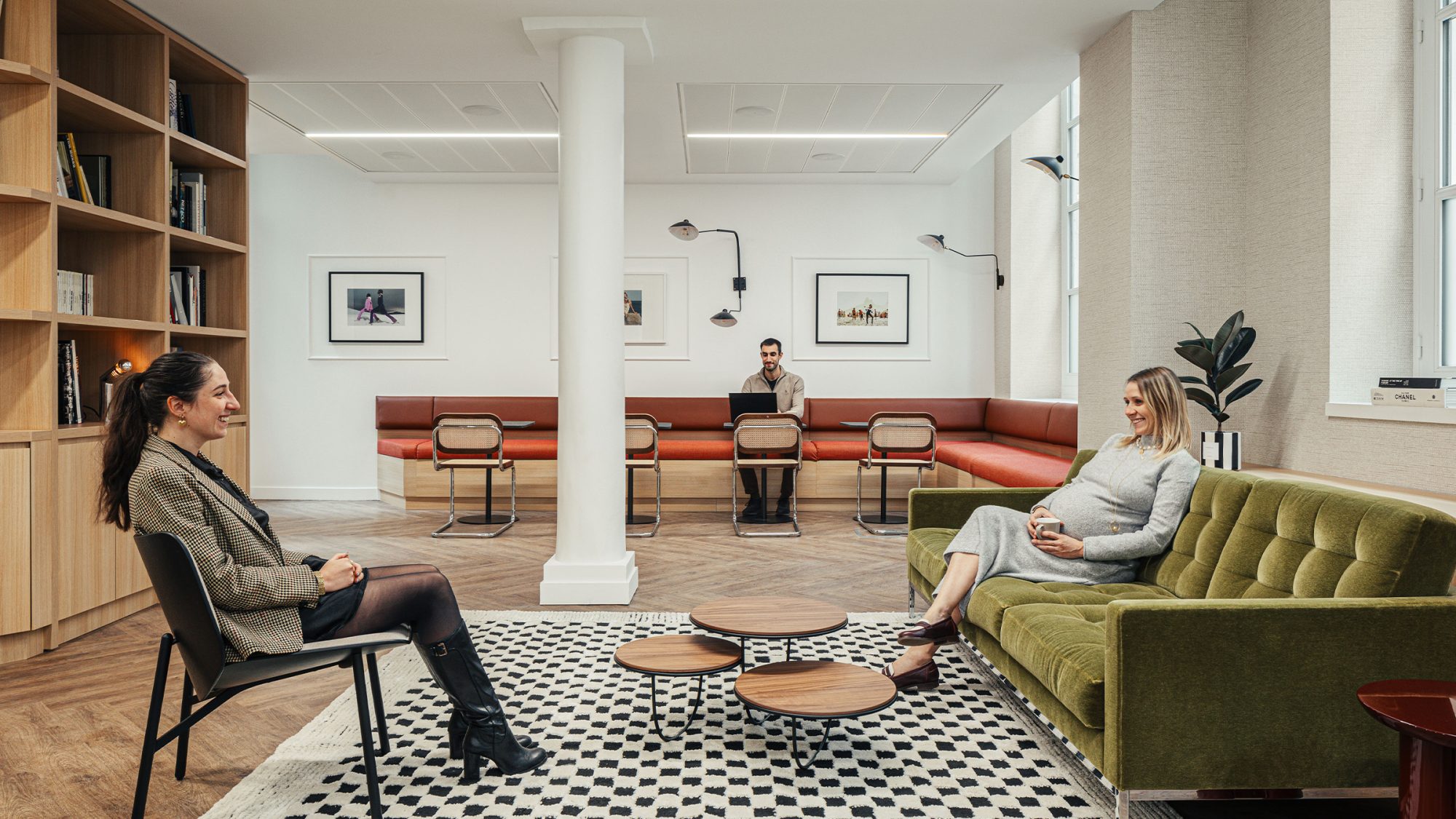
One of the most important factors when moving offices is choosing the right location. The decision goes beyond just a new address – it influences everything from employee wellbeing to how accessible you are to clients following the office relocation.
In this article, we’ll share how to select the right location for a new office. Discover the steps to deliver a successful office relocation by carefully managing your stakeholders’ experience.
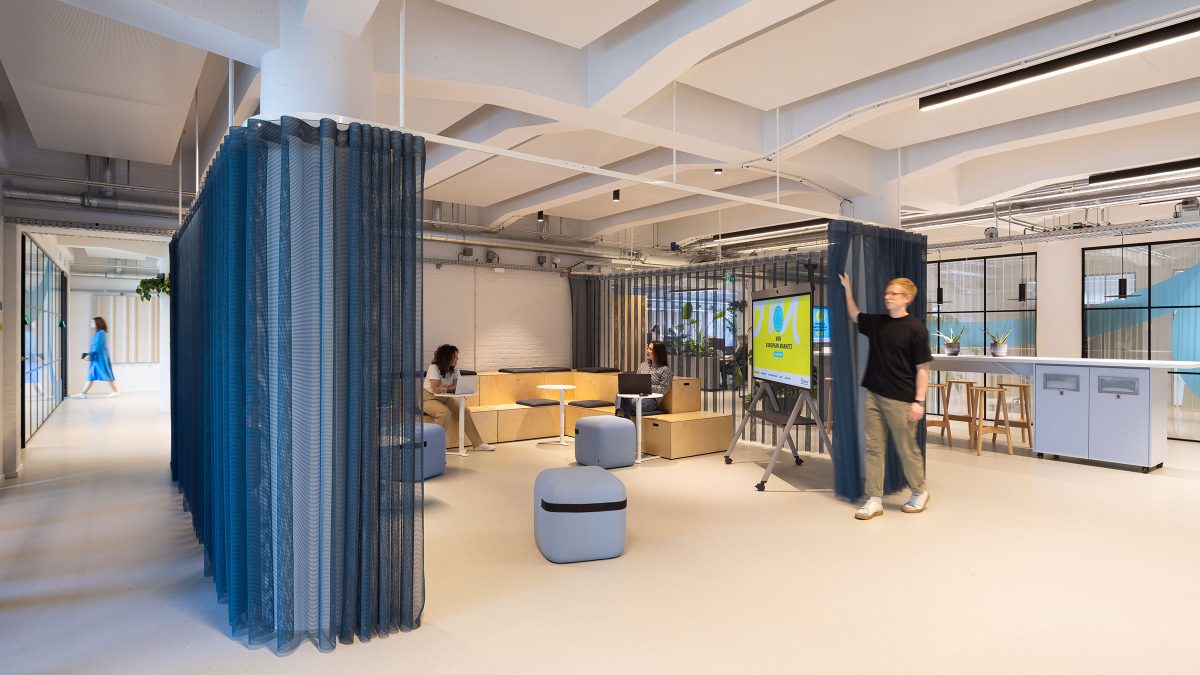
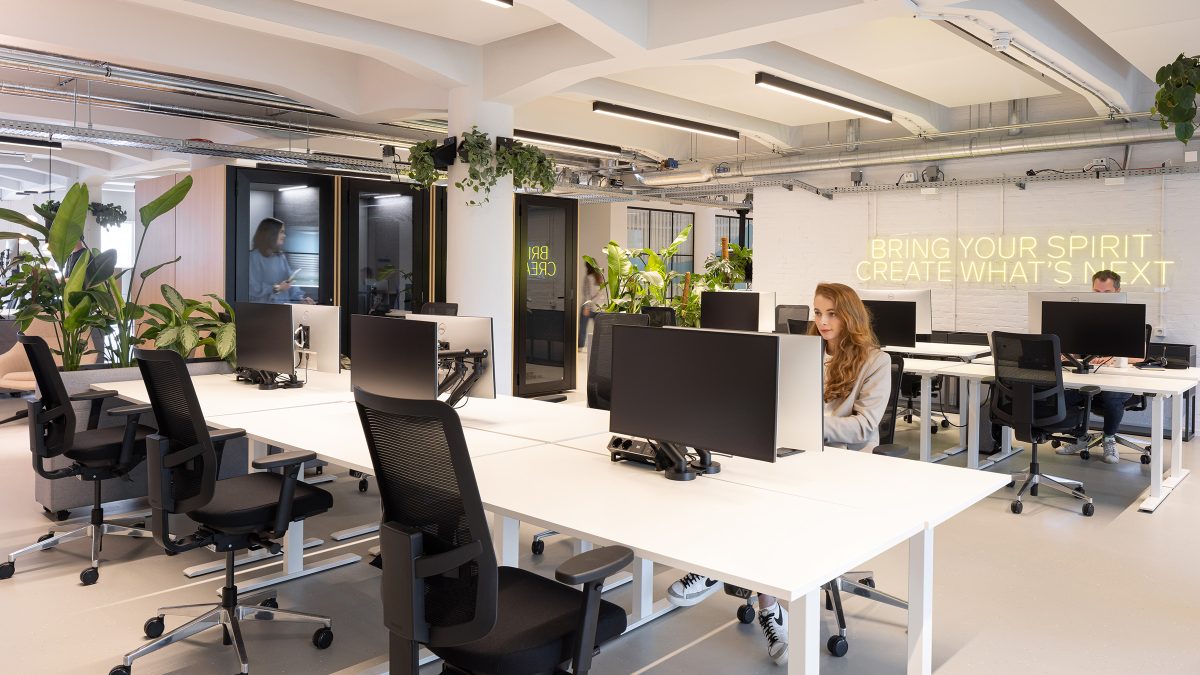
Office relocation is the process of moving a company from one physical location to another. The reasons for an office move vary and may involve factors like the need for more efficient or cost-effective facilities, strategic business expansion or a desire to be closer to clients, target markets or the talent pool.
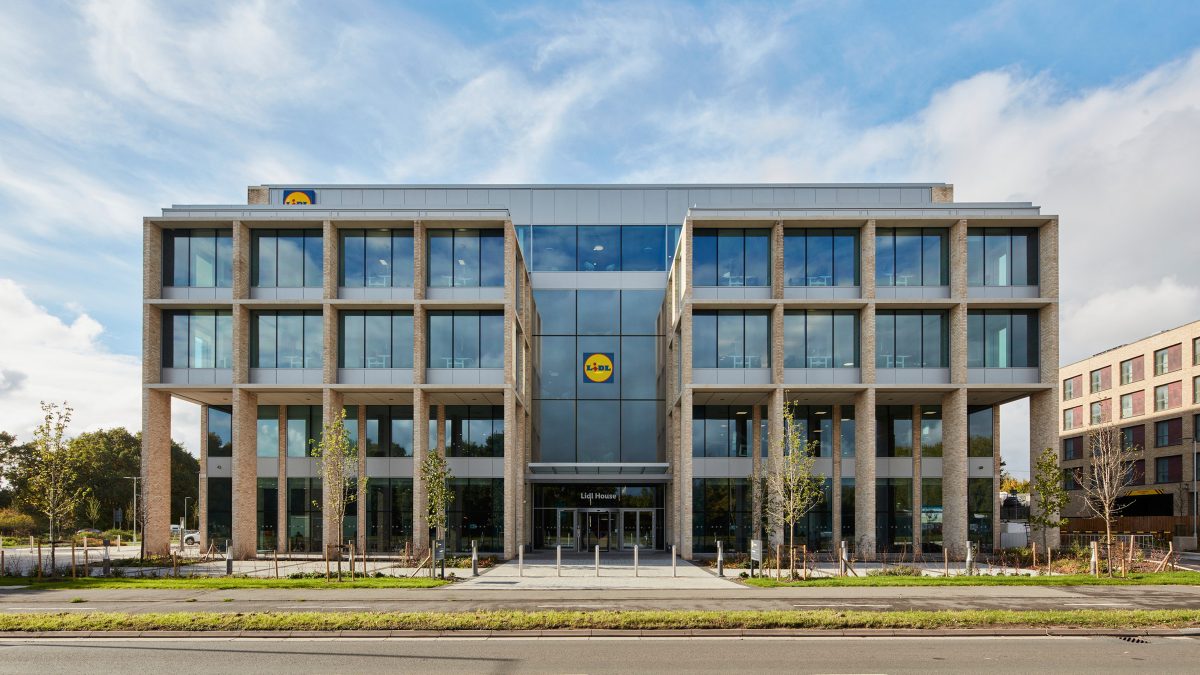
Conducting technical due diligence is crucial in identifying the optimal site for the new office. Our integrated methodology minimises potential risks by conducting strategy research, performing architectural assessments, evaluating MEP (Mechanical, Electrical, Plumbing) services with technical specifications and assessing wellness and sustainability credentials. These steps lay the foundation for a successful office move.
Proximity to clients is key in building and maintaining relationships. Equally important is being close to talent hubs, which ensures access to a diverse and skilled workforce. Diversity promotes creativity through a variety of perspectives, experiences and skills. Establishing a presence in high-talent areas attracts like-minded professionals, creating a mutually beneficial ecosystem for both the company and the community.
A comprehensive review of local infrastructure and amenities ensures that the chosen location meets the needs of your people. Easy access to laundry services, pharmacies, and gym facilities can motivate employees to come to the office.

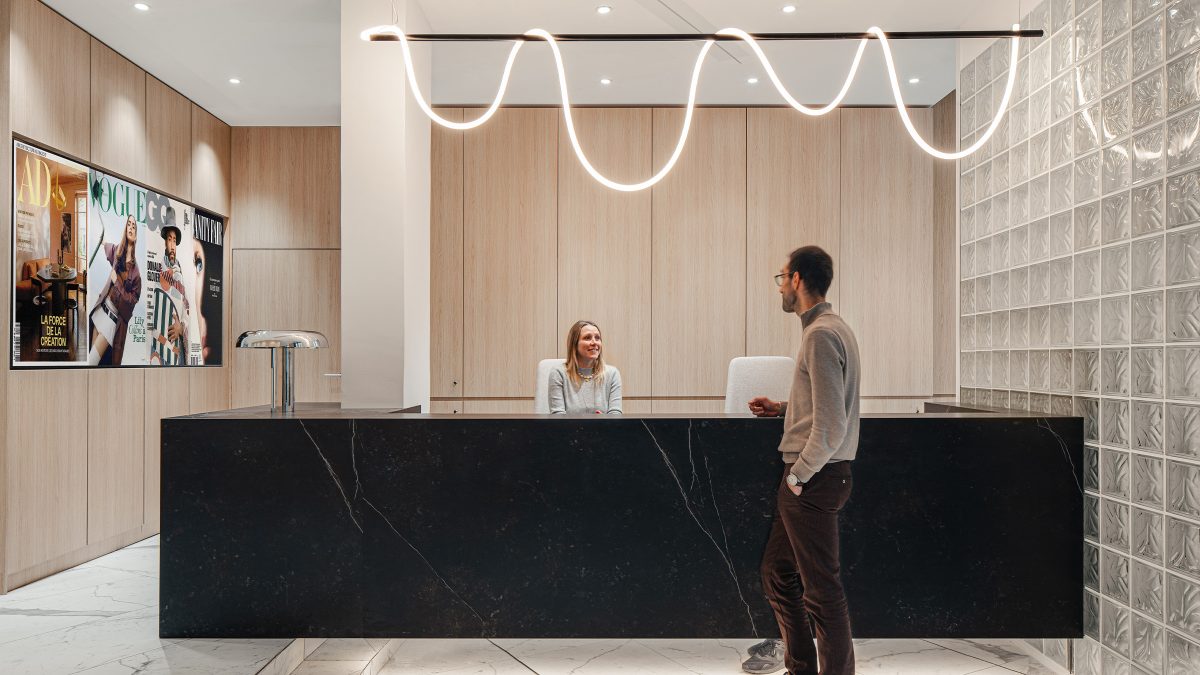
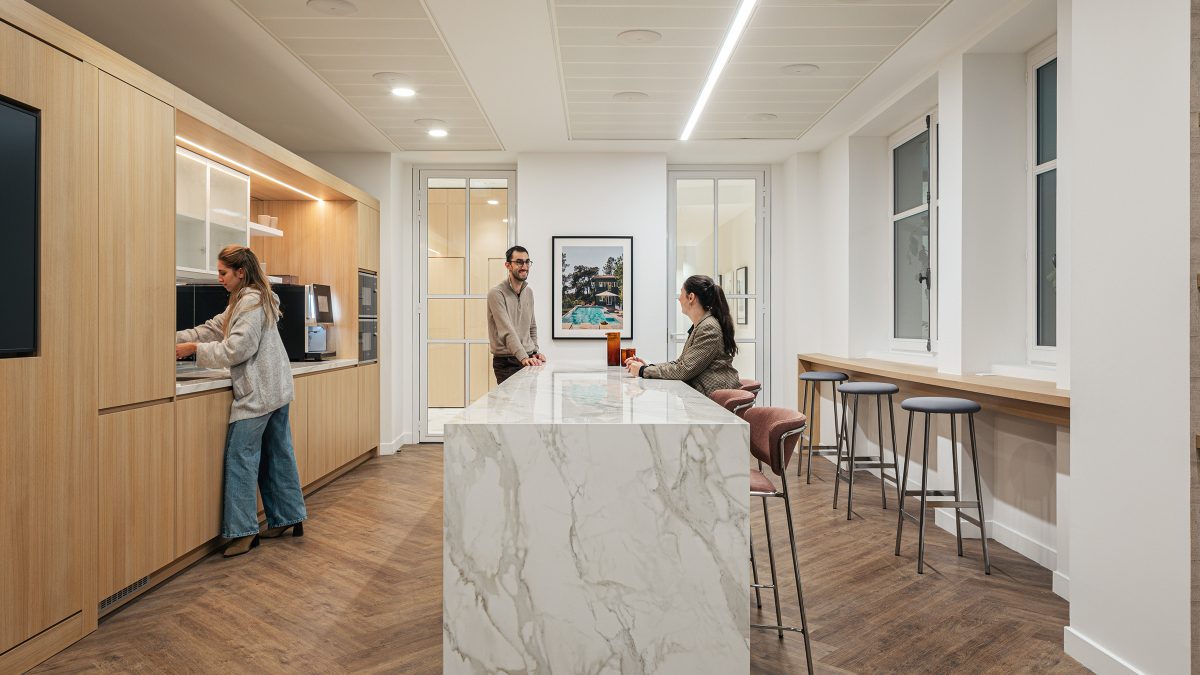
We can help you assess spatial needs and narrow your search to buildings matching your financial, operational, and cultural objectives. This process ensures that any potential space is capable of supporting your goals before negotiating a lease.
Reviewing your workplace strategy allows you to evaluate your current workspace and plan for future growth in a new location. When designing the office layout, prioritise settings that foster flexibility, collaboration and productivity. A data-driven office design can significantly enhance employee satisfaction and overall performance. Additionally, aligning the new space with your company’s culture and values creates a positive environment that nurtures creativity within your team.
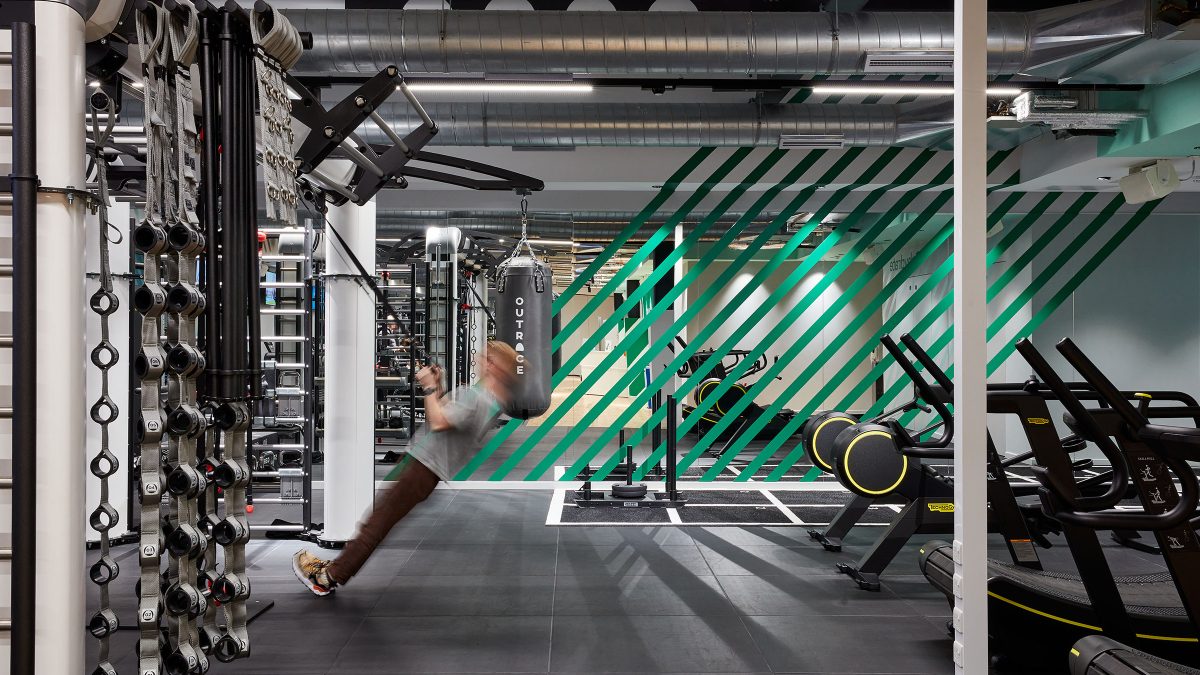
Opting for an office relocation allows one to choose a space certified by respected building programmes like LEED (Leadership in Energy and Environmental Design) or BREEAM (Building Research Establishment Environmental Assessment Method). Selecting a green-certified building can align with broader sustainability goals, offer financial savings and contribute to a healthier built environment.
Consider a building that uses renewable energy sources like solar panels. This diminishes dependence on fossil fuels and reduces the overall carbon emissions associated with energy consumption. Additionally, participating in carbon offset programmes can compensate for any unavoidable emissions during the relocation process.
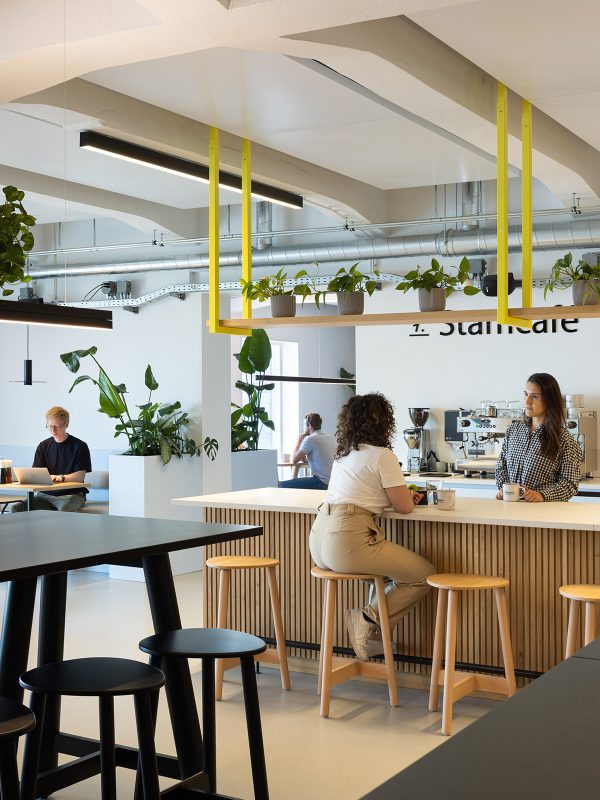
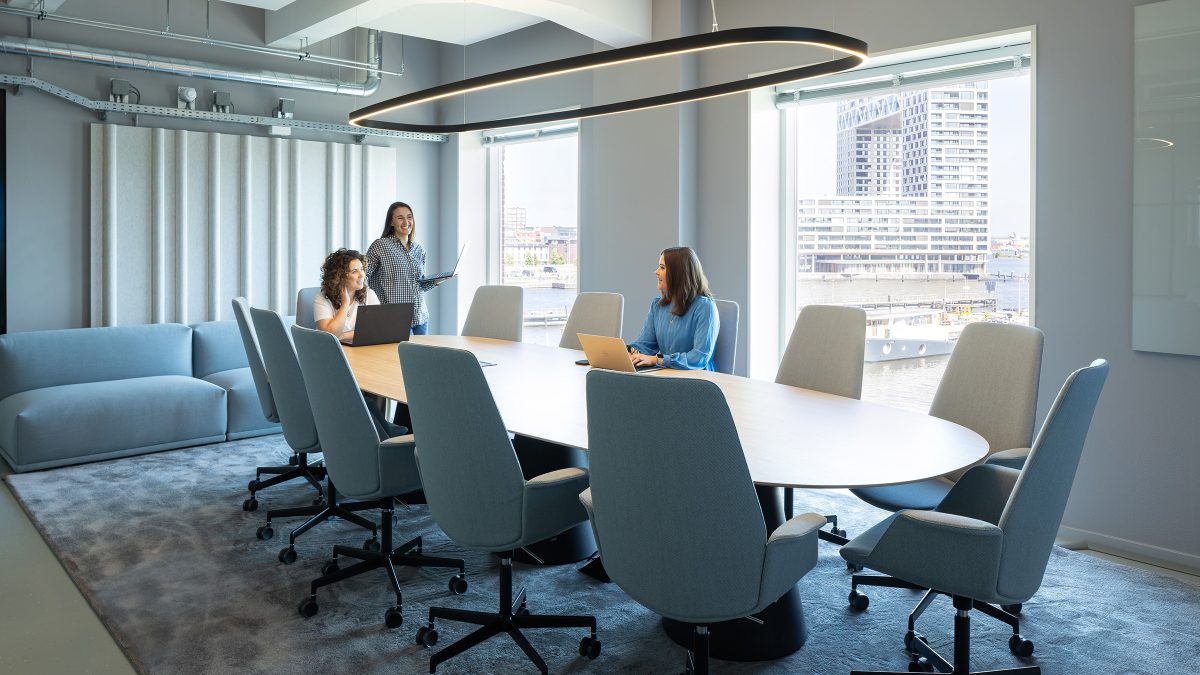
Highlighting that the business relocation is an opportunity for growth and improvement rather than just a logistical change helps build a positive narrative. Strategic workshops are instrumental in uncovering employee priorities, such as preferences for local amenities, access to outdoor spaces or improved natural light. This valuable data and other insights facilitate informed decisions about the optimal location.
To foster a supportive and engaged workforce, it’s crucial to promote open communication, build excitement, and promptly address any concerns. Involving employees in the office relocation process ensures they have a clear understanding of why changes are occurring, what to expect and how these changes will personally impact them.
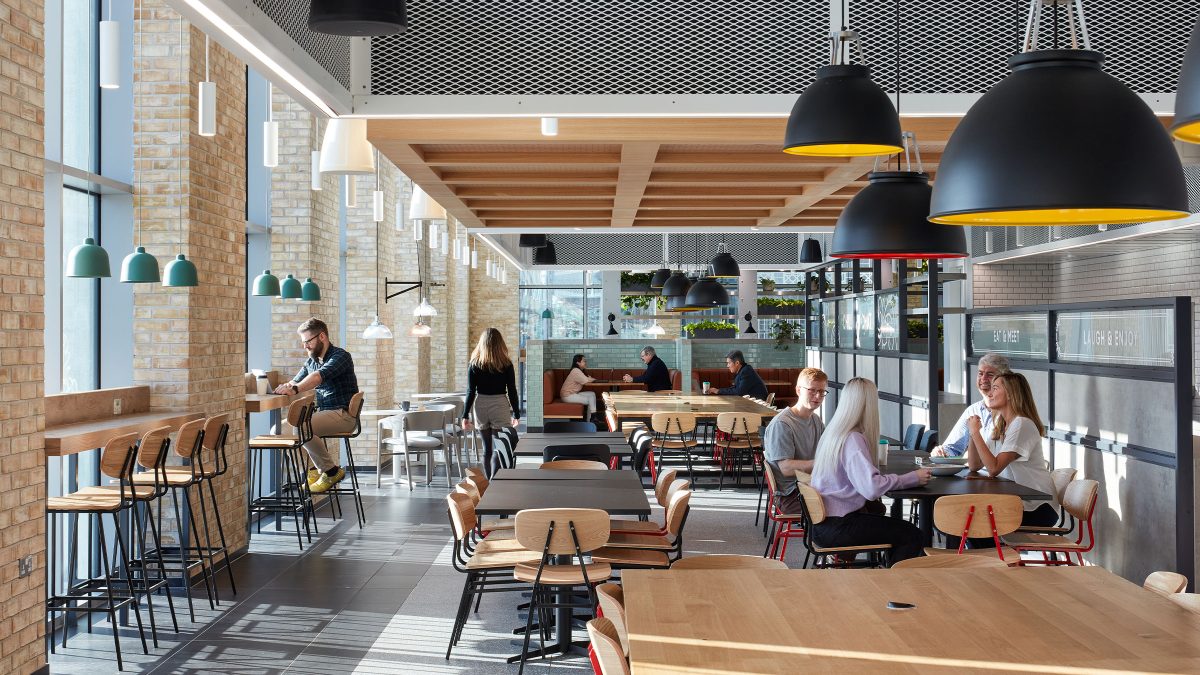
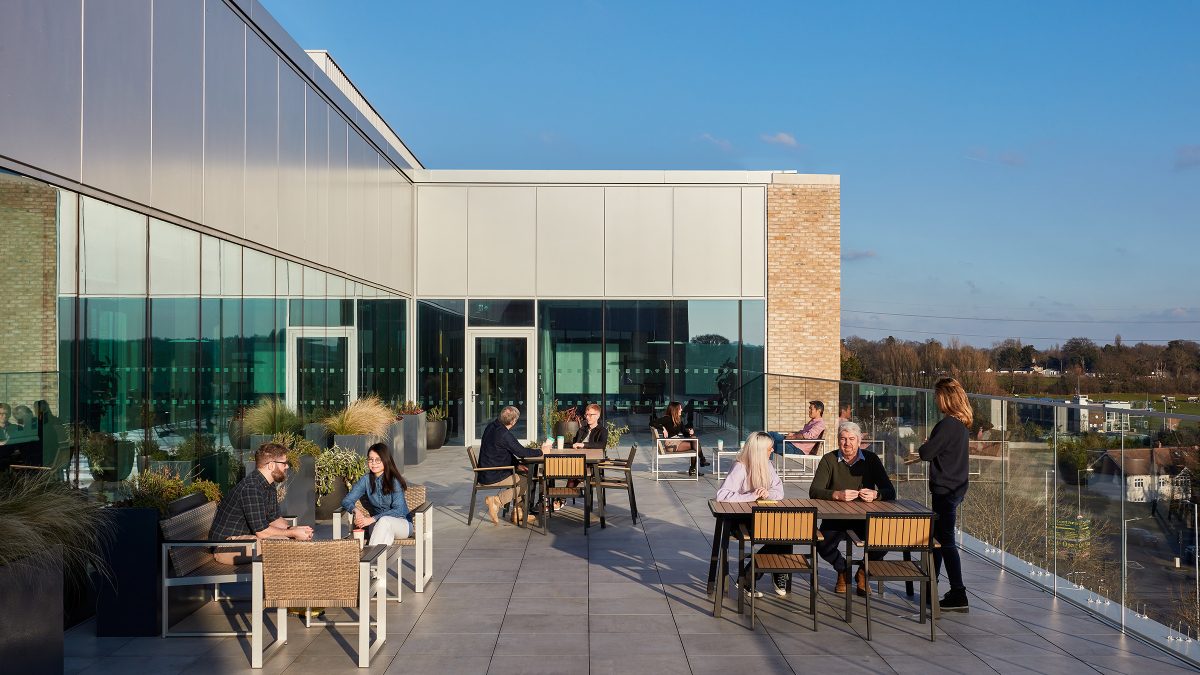
In summary, a successful office relocation goes beyond the physical move. It involves strategic planning, technical due diligence and effective communication throughout.
If office relocation isn’t suitable, consider how office refurbishment can support your business’s long-term success.
